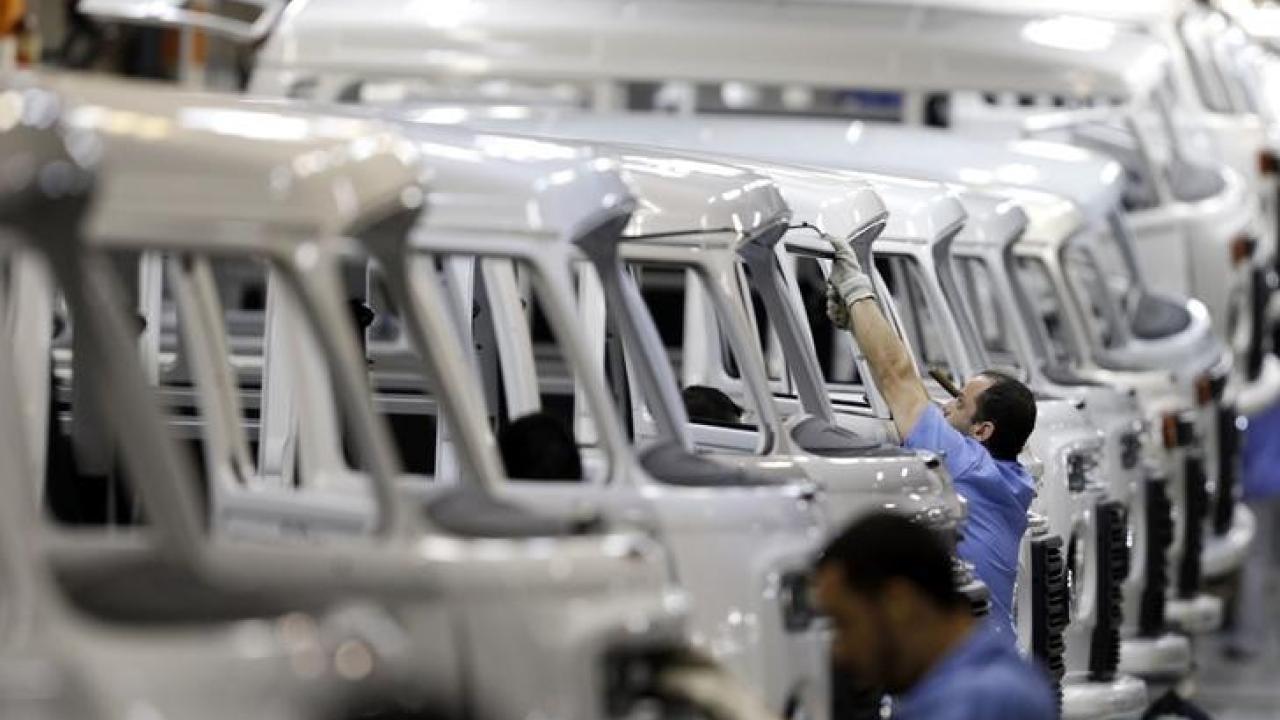
Although the country recorded industrial growth of 13.7% in the automotive sector, this increase was mainly driven by exports, rather than sales for domestic consumption. Giants such as Renault and General Motors announce personnel cuts.
At the end of March, an announcement shook the Argentine business world: it was the opening of a new Mercedes-Benz production plant in Zárate, a town in the province of Buenos Aires. With a view to operating from the first quarter of 2026 and completing a cycle of US$ 110 million invested by the German automaker, it is apparently a sign of the changing times marked by the arrival to power of a liberal option like Javier Milei. However, the Mercedes-Benz factory, intended for the future manufacturing of trucks and bus chassis, is rather an exception in a complicated panorama.
Although Argentina recorded industrial growth of 13.7% in the automotive sector, this increase was mainly driven by exports, rather than sales for domestic consumption. Likewise, in January, the Association of Automotive Factories (ADEFA) published another revealing figure: the volume of automotive production in the seven plants installed nationwide.
In December 2023, a drop of 34.6% was recorded compared to November and a drop of 0.4% compared to the same period in 2022. The reasons behind this trend go beyond the decrease in the purchasing power of Argentines.
For example, although the month of December usually experiences drops in production, due to the fewer number of working days, this time there was an additional factor. Argentina suffered a shortage of imported inputs that caused marked industrial stress during the second half of the year. This phenomenon forced several factories to suspend their operations for several days and others to bring forward vacations to prevent a collapse of production.
The regional outlook is not encouraging either: according to the Argentine edition of the specialized portal Motor1.com , automotive giants such as Toyota, General Motors and Renault announced staff cuts as a result of internal problems, but also lower requests for vehicles from nearby markets such as Chile, Peru and Colombia.
In this context, the portal anticipates that Toyota's Argentine subsidiary will open a "voluntary retirement" offer to reduce 400 jobs at its Zárate plant. It is a notable effect of the cutback in production plans derived in turn from increasingly lower sales.
Along the same lines, the American General Motors has suspended production at its Alvear plant, located in the province of Santa Fe. The measure that applies from March 28 to April 14 is officially due to “inconveniences with the supply of parts from suppliers affected by payments abroad.”
This is a symptom of the lack of auto parts in Argentina, caused by the shortage of foreign currency that makes imports difficult. Not even the liberal policies of the new government have been able to remedy this situation for the moment.
The Motor1 report blames the politics of former Economy Minister and Peronist presidential candidate Sergio Massa. During his administration in 2023, the minister encouraged auto parts manufacturers to purchase auto parts with dollars abroad. Massa convinced them that they were going to recover these currencies at the official exchange rate of the Argentine Central Bank. However, hope remained a failed promise and the accumulated debt forced auto parts suppliers to cut shipments to Argentina.
Finally, Renault revealed to Motor1 that it will suspend the renewal of 270 contracted workers, in addition to eliminating other jobs under the modalities of "voluntary retirements" and early retirements. This purge of employees represents another hard blow for the Argentine automotive industry. Well, it should be noted that the emblematic Santa Isabel Factory, where Renault operates, would further reduce the production of models such as Kangoo, Alaskan and Sandero, classics of the domestic market.
It is clear then that in addition to the disputes with the parliamentary opposition, the governors and unions, the Milei government will have to face this productive crisis that threatens to liquidate one of the jewels of the Argentine industry.









